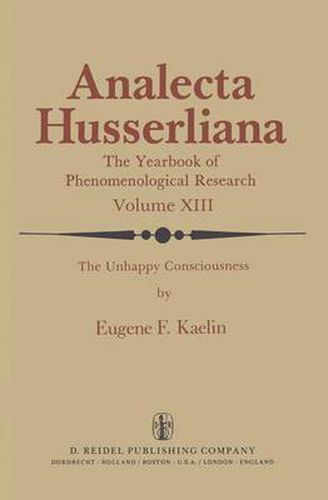Readings Newsletter
Become a Readings Member to make your shopping experience even easier.
Sign in or sign up for free!
You’re not far away from qualifying for FREE standard shipping within Australia
You’ve qualified for FREE standard shipping within Australia
The cart is loading…






This title is printed to order. This book may have been self-published. If so, we cannot guarantee the quality of the content. In the main most books will have gone through the editing process however some may not. We therefore suggest that you be aware of this before ordering this book. If in doubt check either the author or publisher’s details as we are unable to accept any returns unless they are faulty. Please contact us if you have any questions.
In the wake of so many other keys to the treasure, whoever undertakes still another book of criticism on the novels and drama of Samuel Beckett must assume the grave burden of justifying the attempt, especially for him who like one of John Barth’s recent fictional characterizations of himself, believes that the key to the treasure is the treasure itself. No one will ever have the privilege of the last word on these texts, since any words other than the author’s own found therein must be referred back to the text themselves for cautious verification. Indeed, the words the author has used to create the oeuvre stand by virtue of their own creativeness, or fail in their pretense, and need no critical comment to be appreciated for what they have achieved or have failed to achieve. In criticism there is no privileged point of view - not even the author’s own. He has consulted his knowledge and experience to make the work, and whoever would criticize his efforts would seem to owe him the indulgence of doing the same. If communication is mediated through the works, the author and his readers respond in recipro cal fashion to the expressiveness of their contexts. For the philosopher of art, the challenge is extremely tempting - on a manifold count.
$9.00 standard shipping within Australia
FREE standard shipping within Australia for orders over $100.00
Express & International shipping calculated at checkout
This title is printed to order. This book may have been self-published. If so, we cannot guarantee the quality of the content. In the main most books will have gone through the editing process however some may not. We therefore suggest that you be aware of this before ordering this book. If in doubt check either the author or publisher’s details as we are unable to accept any returns unless they are faulty. Please contact us if you have any questions.
In the wake of so many other keys to the treasure, whoever undertakes still another book of criticism on the novels and drama of Samuel Beckett must assume the grave burden of justifying the attempt, especially for him who like one of John Barth’s recent fictional characterizations of himself, believes that the key to the treasure is the treasure itself. No one will ever have the privilege of the last word on these texts, since any words other than the author’s own found therein must be referred back to the text themselves for cautious verification. Indeed, the words the author has used to create the oeuvre stand by virtue of their own creativeness, or fail in their pretense, and need no critical comment to be appreciated for what they have achieved or have failed to achieve. In criticism there is no privileged point of view - not even the author’s own. He has consulted his knowledge and experience to make the work, and whoever would criticize his efforts would seem to owe him the indulgence of doing the same. If communication is mediated through the works, the author and his readers respond in recipro cal fashion to the expressiveness of their contexts. For the philosopher of art, the challenge is extremely tempting - on a manifold count.